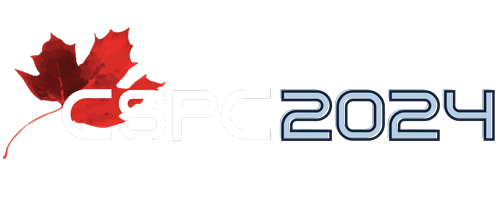There is talk in Ottawa of appointing a Chief Science Officer. That’s a good thing because Canada needs one urgently. When science is starting to be touted as central to reshaping the Canadian economy, it is important for government to have someone with high scientific competence close to the centre.
The Liberal party web site says this: “We will appoint a Chief Science Officer who will ensure that government science is fully available to the public, that scientists are able to speak freely about their work, and that scientific analyses are considered when the government makes decisions.” That is not what is generally meant by the title CSO, which implies control of an organization’s scientific activities; these words speak to the need for openness of government science and for evidence-based government decisions. Both have become issues in the last few years and both need attention.
But there are also other important issues that require the attention of a CSO. For example, the Government of Canada has a very good source of advice on what is known and what is unknown in areas where science impinges on policy. The Council of Canadian Academies conducts expert-panel assessments to answer important questions posed from within government. But that process takes time, and is most appropriate for long-term issues. In the short term, when scientific questions are triggered by events, the government needs information and advice promptly, and the public needs to know what is happening and what is being done. In that case, the country needs a prompt, credible and authoritative source of information that follows events in real time and is able to communicate effectively with all the audiences. That should be a role for the CSO. But to succeed in it, the CSO must know a lot about current science and technology projects across Canada, have an extensive and trusted network of contacts across the country in all sectors, have the authority for quick access to needed data, and possess high personal communication skills. The gold standard for success in this role has been set by the UK Science Advisor, Sir David King, particularly in his work on the foot-and-mouth disease.
Fragmentation is a serious Canadian problem in many realms, and government science is no exception, both within the Government of Canada and in the fed-prov context. The CSO would be well positioned to start moving from fragmentation in scientific activity to co-ordination and co-operation. But that would require political clout, well beyond that of an official reporting to a junior minister. Moreover, a budget with which to seed pilot projects would be required to give the CSO the necessary influence to get started on this work.
There are many occasions in the modern world when a country’s science activity must be represented in an international forum in which groundwork is done to prepare for an eventual role of governments. To participate effectively in such work and benefit from it, Canada needs to be represented by someone who sees the science broadly and understands it in detail, who has an international personal reputation, and who has the visible support of the Canadian government in the form of a senior influential position. Canada has been fortunate to have had years of distinguished service in this capacity from Drs. Arthur Carty and Howard Alper, and the new CSO should be given a formal mandate to continue that tradition.
I welcome the coming appointment of Canada’s CSO. It should be a prestigious position for a distinguished candidate. The need is urgent.


